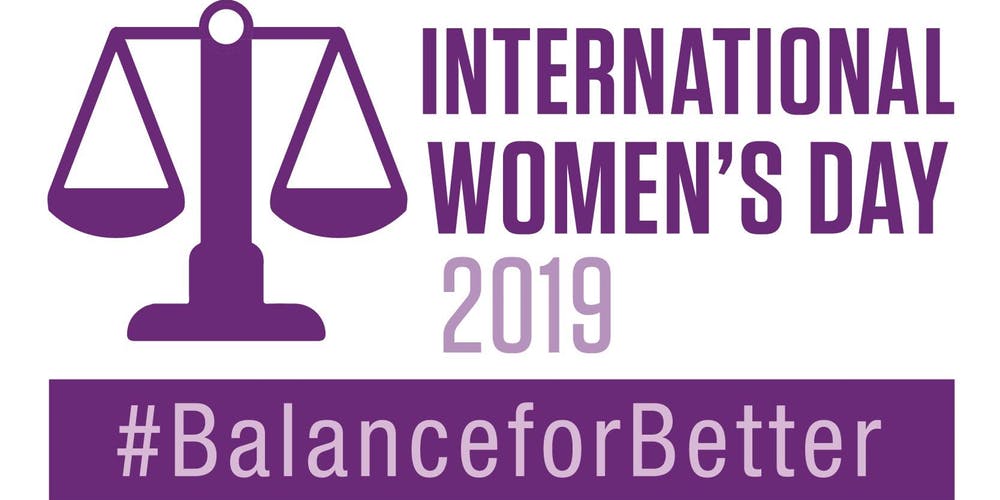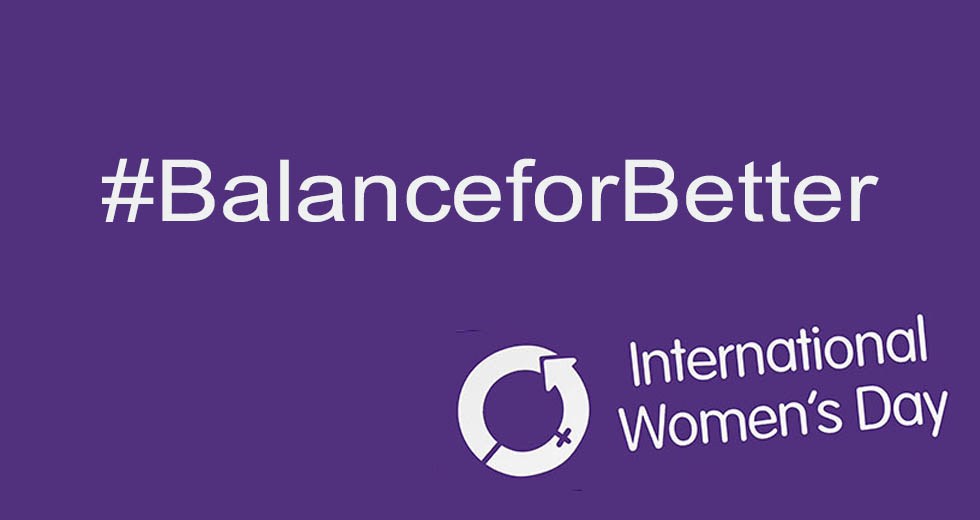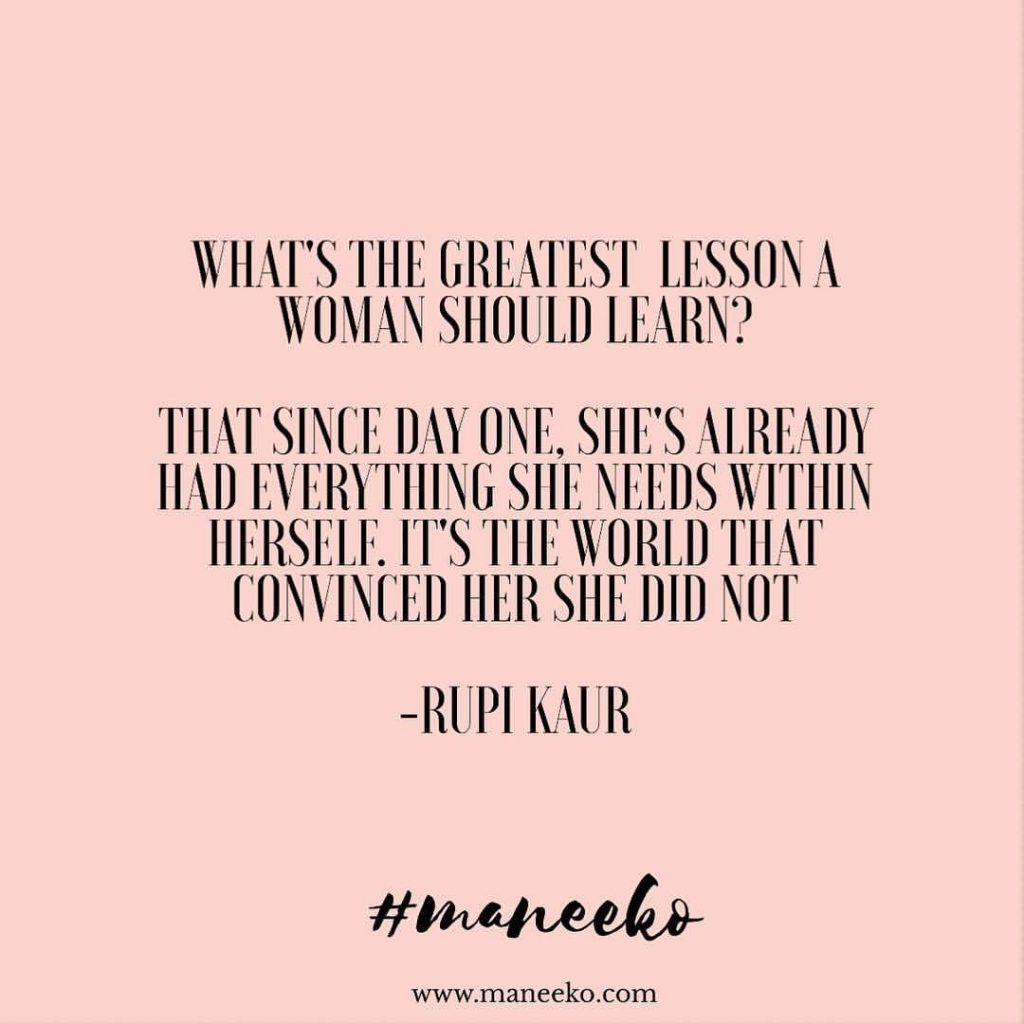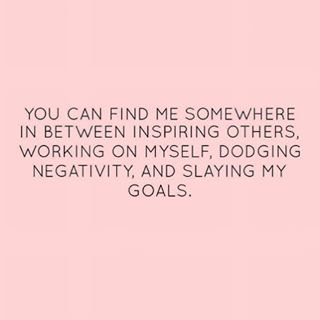
International Women’s Day 2019 has taken the theme of #BalanceforBetter, to raise awareness of the ongoing need for a more gender-balanced world. After all, it seems fairly sensible to assume that a balanced world is a better world.
This led me to think through the CRED portfolio of partners, and to consider how gender-balanced are the organisations that we partner with?
Top of the list are the three partners that are headed up by women:
Alice heading up Butterfly Space in Malawi, Etenesh who founded and leads Berhan Lehetsanat in Ethiopia, and Janaki who did similar with FIAM in India
And then if we dig a bit deeper we find Seble and Sabah supporting Nebiyu at Ellilta, Josephine co-leading with Aaron at Chisomo, and Pendo heading up the community work with Daniel at TVST.
Add in Cherry, who founded Ellilta, and Dr Jember, who founded IHA-UDP which in turn gave birth to AHISDO and CBISDO, and we have a wonderful set of inspiring women who are all making massive differences in the world, and really raising the profile of women in leadership.
But, they are working in cultures and communities where gender-balance is often anything but the norm, and where day after day they are having to take a stand against patriarchal and unequal mindsets.
Child-brides, abusive and arranged marriages, domestic servitude, prostitution, communities where it is the cultural norm for the men to sit and discuss the day whilst the women go out to work, girls who miss out on education because they are expected to stay home and look after the younger siblings, girls who arrive late at school because they first had to collect water, girls who miss one-quarter of their education because every month they are unable to attend due to a lack of tampons or sanitary pads, – these are just some of the issues that our partners are experiencing in the communities in which they work.
And gently, subversively, tactfully, through action and example, our partners are making inroads, and changing mindsets. Women are being given a voice, girls are equipped to be able to attend school even when on their period, provision is put in place so that children are looked after, conversations are had with community leaders to discuss how to tackle some of the patriarchal and cultural norms that are no longer seen as acceptable.
This is being done by the women I’ve mentioned, but it is also being done by our other partners, who happen to be led by men, but who are just as focussed on pursuing the rights of girls and women in the communities in which they are based, and through the work that they are doing.
This International Women’s Day, as we celebrate the role of women around the globe, I give thanks for our partners, and for all that they are doing to forge a more equal, gender-balanced world.
And I ask myself, and you (if you’d like the challenge), what can we do – in our communities, our schools, our places of work – to help raise awareness against gender bias, to help promote gender equality, and to take steps, one at a time, towards a more just and equal society for all.







